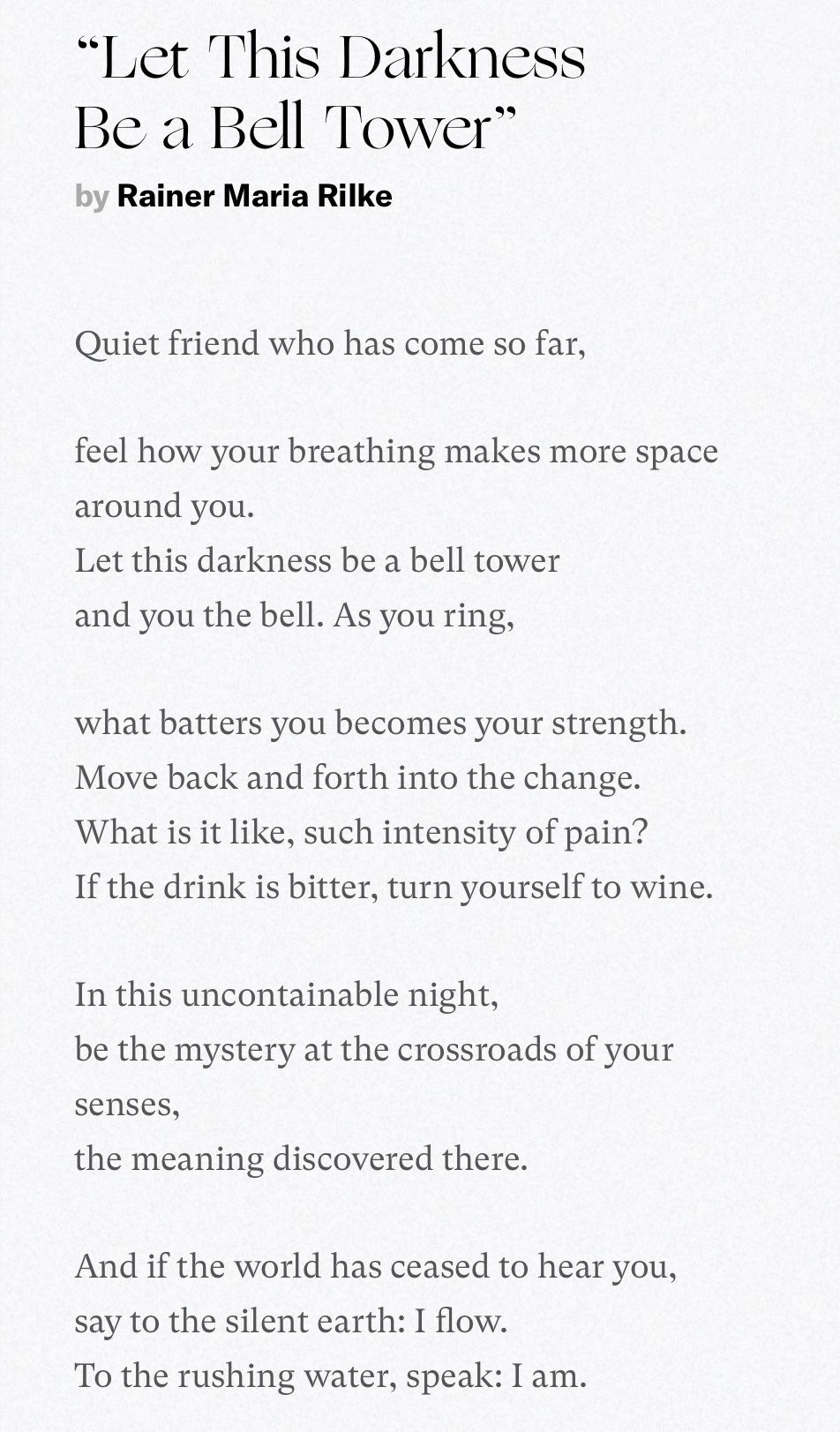Words to Break the Block
Thoughts of Ukraine, and Russia's aggression, hinder my writing.
It’s been difficult to concentrate on writing this week. My personal writing, where I find power and peace, has sputtered to a halt.
In the collection of essays about my mother’s recipes, The Urge to Savor, I wrote: “There was, and is still, a butcher block between my hands and words. While the block between my mother’s hands and head was broken down by her sprinkling of love over food, what needs to surface for me only does so with the pen, after long periods of simmering over the blank page.”
Today, I’m not experiencing writer’s block. It’s the opposite. It’s writing fomenting within.
I come to this stalling as war hits close despite Google telling me the distance between Ohio and Ukraine is 5000 miles. Perhaps it’s the way in which Putin has brazenly and brutally attacked the country. Perhaps it’s how social media has minutely captured the events, and thus ruptured our easily distracted imaginations. Perhaps by some small measure, we are horrified that after two years of lockdown, we are met with a war that could spiral out of the hands of those we trust. We thought we might experience a Roaring 20s era after we were all vaccinated and boostered, an exuberance like the one that originated out of gin bottles after Prohibition. But this scale of attack, like the pandemic, was unimaginable in our times, until now.
To cope, writers turn to language. In the past week since the attacks, my daughter shared a poem, We Lived Happily During the War, which has circulated on social media. One we should read every night before bed.
Another of my favorite podcasts rebroadcast a poem by Rilke, read by translator, Joanna Macy. Anita Barrows was also a translator for this work. The reading is hauntingly beautiful. If you’re at work or somewhere audio would be prohibitive, here are the words:
Ironically, a group of preservationists in the city are attempting to save the bell tower of First Lutheran Church on Race Street from demolition. This poem then is a stark reminder of the importance of a bell tower that stands erect, especially considering the ones in Ukraine might be shelled at any time. I find many contradictions in my love for this poem and the desire to save something old while Ukrainians are simply trying to save themselves and their democracy. For which they might let a bell tower fall.
What it is about poetry, about words, that give comfort in this time? Here’s a look at a found poem I composed, using quotes from Ukrainian President Zelensky:
I join many who have lifted Zelensky onto a pedestal. It’s not his confidence and bravery that intrigues me, but his words, straight-forward, succinct, pull me into this conflict with him. And given the implied and confirmed actions, he’s a master of the writerly adage to “show, not tell.”
I’ve asked myself many hard questions this week, especially after hearing an interview by NPR reporter, Mary Louis Kelly, checking on one of her Ukraine connections, Ivanna Klympush-Tsintsadze. Ivanna is a member of Parliament. After confirming that Ivanna did indeed access a weapon to protect herself, the remainder of the short interview is below:
“That’s how life is combines right now here.” Poets and writers live daily with the both/and. So do citizens of war-torn countries. It’s what all the living do.
In the days during Covid 2020, I worked the election polls because volunteer numbers had dwindled. Without parents or young children in my home, I had no one depending on me, except the strands of people who stood in stark cold to cast a vote for democracy.
I hear the words of Zelensky and Klympush-Tsintsadze again. Would I pick up arms?
In war, there’s no coffee and donuts in the back room of school building turned polling location. There are no bright lights against the backdrop of a library, let alone a library at all. There’s no husband to tuck me in bed before the election is called, because my feet barked out to be rested.
We are weak as people. But words extracted through the sieve of history strengthen us. Words we have mulled over inside us fortify, build up our brawn to go on. Words I wrote when raising a young boy and the prospect of war terrified me, words that poet Denise Levertov’s wrote in Making Peace, “give us the imagination of peace, to oust the intense, familiar imagination of disaster,” bolster me now.
And the words I write early on a cloudy Tuesday morn while the coffee has evaporated, waiting for news of any kind, are enough to break this block and send energy forward to the front where it’s needed most. Like Zelensky says, we’re at “the beginnings of a new page.”
What writer or poet is offering you inspiration and strength this week, I’m curious to know. As always, thanks for reading! If you’re not already subscribed, please consider doing so. This post is also public, so feel free to share!







Thank you Annette! It's hard to put into words what's happening. My grandmother lived through 2 world wars in Poland. Looks like my mom will too. War may not be on our shores but it lives in our homes. Every person that lives through war or fights in a war brings it home. Few are therefore not impacted.
Breathtaking. Heart breaking. "That’s how life is combines right now here." Brilliant how you wove the piece together, the weft of prose with the welt of poetry. Your poem is a knock out.